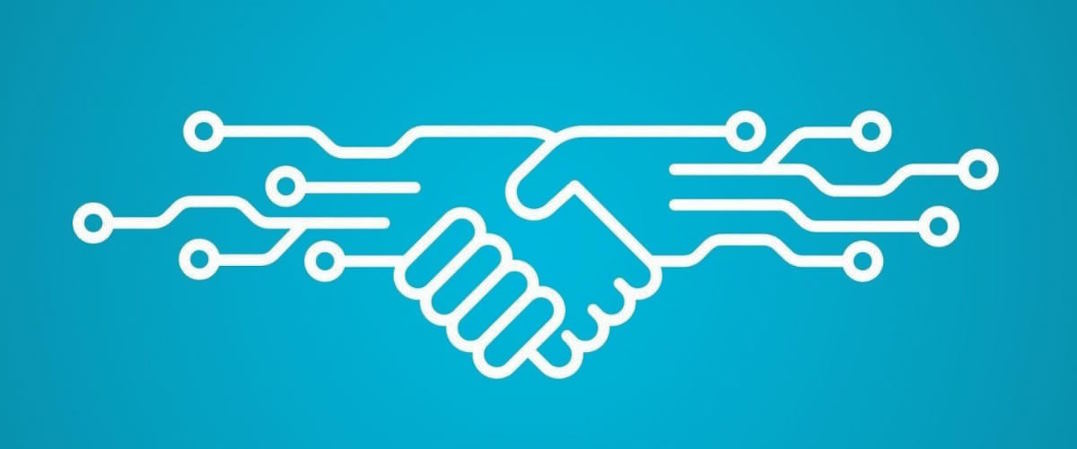In the digital era, the rise of peer-to-peer (P2P) transactions has reshaped the way we exchange assets, introducing a decentralized paradigm that sidesteps traditional intermediaries. Let’s explore the fundamental mechanics that underpin the world of P2P transactions, from the basic principles to the role of blockchain technology and the execution of smart contracts.
Basic Mechanism
Definition of Peers
The participants are at the heart of P2P transactions, referred to as peers. Peers can be individuals, businesses, or entities engaging in direct exchanges without the involvement of a central authority. This direct interaction fosters a more personalized and flexible transaction experience.
Decentralized Nature
Crucial to P2P transactions is their decentralized nature. Unlike traditional transactions facilitated by intermediaries, P2P transactions occur directly between peers. This decentralization is often enabled by blockchain technology, a distributed ledger that ensures transparency, security, and trust.
Blockchain Technology
Role of Blockchain
Blockchain is the backbone of P2P transactions. It is a decentralized ledger that records and verifies transactions across a network of computers. Each transaction is added to a block, and these blocks are linked chronologically, forming an immutable chain. The distributed nature of blockchain ensures that no single entity has control, fostering a trustless environment.
Security and Transparency
Blockchain technology enhances the security and transparency of P2P transactions. Cryptographic principles secure transactions, and the decentralized nature of the ledger reduces the risk of fraud. Participants can verify transactions independently, and the entire transaction history is transparently available on the blockchain.

Smart Contracts
Definition and Purpose
Smart contracts are self-executing contracts with the terms of the agreement written into code. In the context of P2P transactions, smart contracts automate and enforce the terms of an agreement without the need for an intermediary. These contracts execute automatically when predefined conditions are met, streamlining the transaction process.
Examples of Smart Contracts in Peer-to-Peer Transactions
Escrow Services
Smart contracts can act as automated escrow services. When a buyer and seller agree on terms, the smart contract holds the asset in escrow. Once the conditions, such as payment confirmation, are met, the smart contract releases the asset to the buyer.
Rental Agreements
In P2P transactions involving renting or leasing, smart contracts can automate the rental process. For example, a smart contract can automatically unlock a digital key for a rented property once the payment is confirmed.
Royalty Payments
In digital content or intellectual property scenarios, smart contracts can automate royalty payments. When a digital asset is used or purchased, the smart contract automatically ensures that the rightful owner receives their agreed-upon share.































